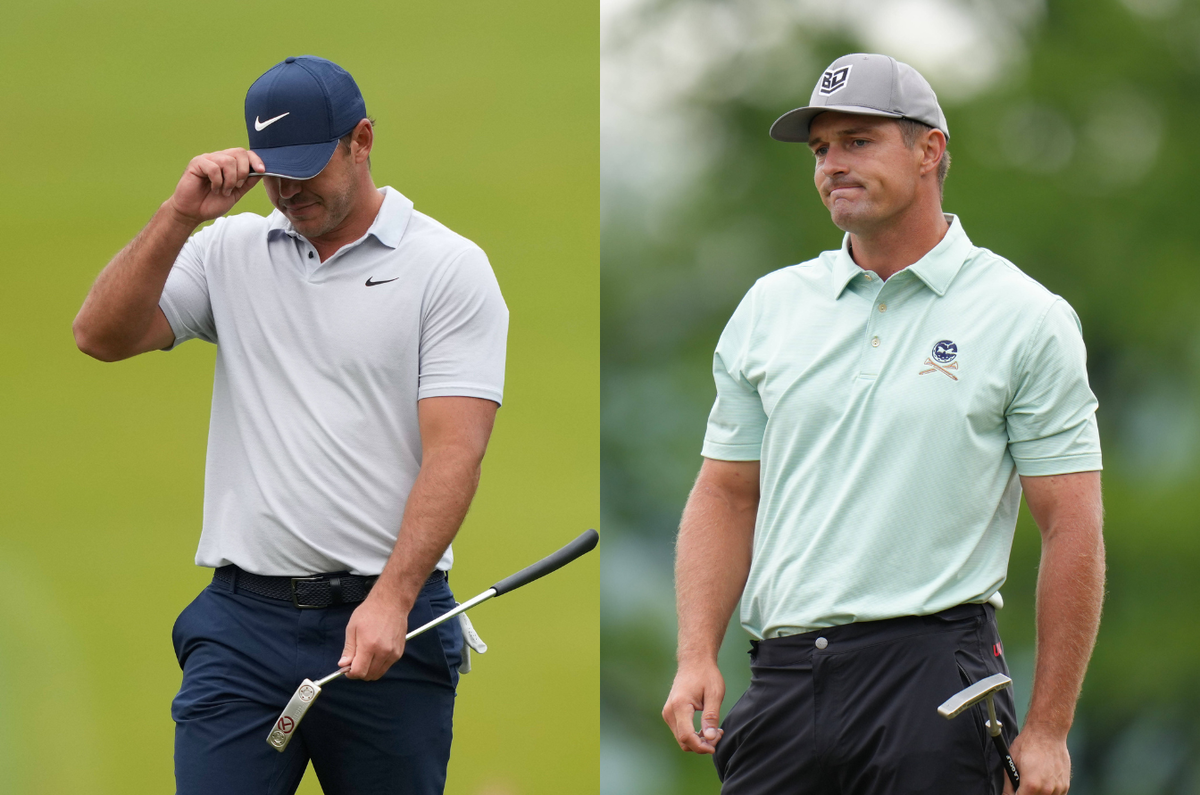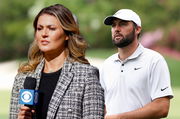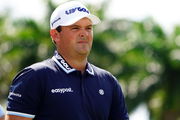
Imago
Image Courtesy: IMAGO

Imago
Image Courtesy: IMAGO
Remember when LIV Golf sold itself as the players’ paradise? The league promised unprecedented freedom, massive guaranteed money, and a better work-life balance. Phil Mickelson spoke glowingly about “excitement and energy” when he joined in 2022. Dustin Johnson pocketed a reported $200 million just for signing. Brooks Koepka and Bryson DeChambeau each secured deals worth $125 million to $130 million upfront. That era has ended.
Watch What’s Trending Now!
LIV Golf has taken a very different approach heading into 2026. According to @flushingitgolf, the league is in talks with players whose contracts are nearing expiration, and most have already agreed to extensions. This time, though, the deals look nothing like the massive guarantees that once defined LIV’s early years.
LIV Golf announced that contract renewals would no longer include massive upfront payments. Instead, compensation now shifts to performance-based earnings through tournament prize money. This marks a dramatic departure from the league’s original strategy.
ADVERTISEMENT
Over the last few weeks, LIV Golf have been in discussions with all out of contract players who have not been released by their teams or relegated. Sources have confirmed that most of them have already agreed new deals and all of them are expected to do so, including the star… https://t.co/BNK9jHMlnx pic.twitter.com/orrQEbyLun
— Flushing It (@flushingitgolf) October 21, 2025
The new approach extends beyond just eliminating signing bonuses. Franchises are now using data analysis models borrowed from the sports betting world to identify talent. Teams want players who fit LIV’s unique format and can deliver immediate results. Team purses are doubling from $5 million to $10 million in 2026. This makes the upcoming off-season the most critical yet for franchise building.
Phil Mickelson, whose $200 million contract expires at the end of 2025, has remained notably quiet about the policy shift. His silence stands in stark contrast to his vocal advocacy for the league back in 2022. The HyFlyers captain now faces his own contract negotiations under these dramatically different terms.
ADVERTISEMENT
The stakes couldn’t be higher. Without massive upfront guarantees, signing new players has become much tougher, especially as LIV tries to restock its rosters after the 2025 relegation shake-up. The Drop Zone alone claimed six players, creating the kind of turnover that now defines the challenge ahead for every franchise.
Top Stories
‘Unreal’: Amanda Balionis Left Stunned by Scottie Scheffler at The American Express

Multiple PGA Tour Pros Withdraw From Farmers Insurance Open Days Before It Begins

Scottie Scheffler Joins Tiger Woods and Jack Nicklaus With Remarkable $9.2M PGA Tour Event Victory

LIV Golf Pro Has $500K Winnings Taken Away After Rules Violation Is Caught by Officials

Patrick Reed Willing to End Rory McIlroy Feud Using Bizarre Measure Years After ‘Tee-Gate’

ADVERTISEMENT
LIV Golf’s Drop Zone System Claims Six Players
The league’s relegation system proved ruthless this year. Six players fell into the dreaded “Drop Zone” after finishing 49th or lower in the season-long standings. The most shocking casualty? Henrik Stenson, the 2016 Open Champion and Majesticks GC co-captain.
Stenson finished with just 6.12 points. Ironically, his teammate Ian Poulter escaped relegation by birdying four of his last five holes. The margin between safety and elimination was just 0.38 points. That’s essentially one shot separating their futures.
The Drop Zone didn’t just claim established stars. Anthony Kim’s comeback ended in disappointment. Across 23 LIV events over two seasons, he never earned a single point. His best finish was T29 at Miami. This time, the league offered no reprieve. Andy Ogletree, Mito Pereira, Yubin Jang, and Frederik Kjettrup also lost their spots.
ADVERTISEMENT
Players ranked 25th through 48th sit in the Open Zone. Their situation is uncertain. Teams can trade or release them at any time. Big names like Lee Westwood, Tyrrell Hatton, and Richard Bland now face an uncertain future. Their contracts no longer guarantee anything.
Relegated players have few paths back. They can try their luck at December’s LIV Promotions Event in Riyadh. Strong performances on the Asian Tour’s International Series also offer a route back. Teams can make a business case to keep certain players, but under the new rules, most of the relegated roster has no such option.
This shift marks a complete change from the early days of LIV Golf. The era of nine-figure guarantees is over. Teams now operate like professional sports franchises, relying on data and performance to make decisions. Results determine everything, and players must deliver or risk losing their place.
ADVERTISEMENT
ADVERTISEMENT
ADVERTISEMENT
ADVERTISEMENT
